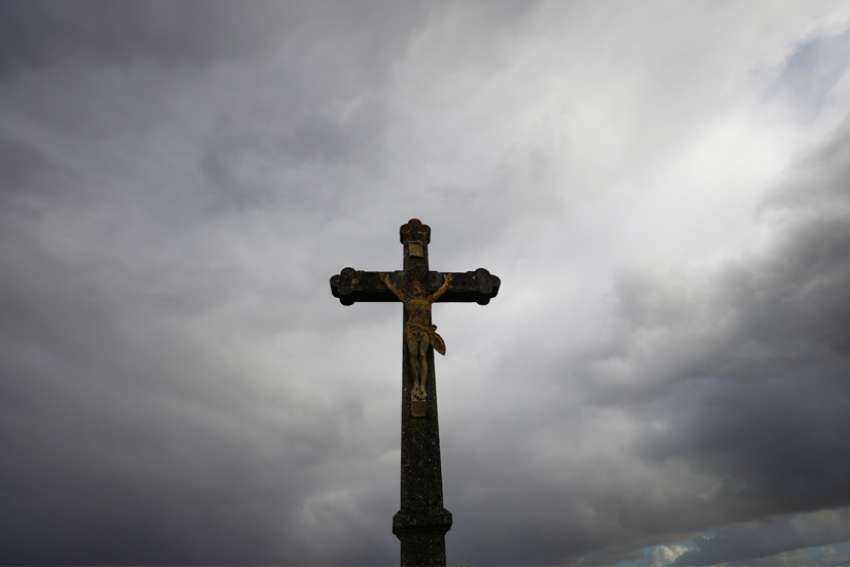Among 26 measures finalized during the bishops' plenary and announced Nov. 8, a new national independent unit for recognition and reparation will be headed by jurist Marie Derain de Vaucresson, while diocesan properties and assets will be sold to finance compensation payments.
The bishops also will establish a national canonical criminal court and external audit for victim support units, while arranging a confession facility for clergy and "systematic judicial record verification" for anyone working with minors. The third Sunday of Lent will be marked in France as a day of prayer for victims of "violence, sexual assault and abuse of power and conscience within the church."
The new measures, expanding on 11 adopted at the bishops' previous March plenary, will be accompanied by the formation of lay-led working groups on priestly formation, lay involvement, church governance and other reform areas recommended by the report. The bishops also asked Pope Francis to send a "visitor team" to evaluate the bishops' mission.
In the future, the bishops said, seminary councils must include at least one woman with voting rights, while a charter of good conduct and "national repository of preventive measures" will be set up for dioceses, movements and communities.
Laypeople will serve on all bishops' conference commissions and councils, while the bishops' doctrinal commission will examine doctrinal issues highlighted in the abuse report, including sexual morality, anthropology, ministerial priesthood, and the "distinction between power of order and power of government" in time for a March follow-up plenary.
"This commission's report into sexual abuse showed a reality we hadn't been able to see," said Archbishop Éric de Moulins-Beaufort, the French bishops' conference president.
"It put before our eyes and those of the world that our Catholic Church in France was a place where acts of violence and sexual assault against minors had been committed in terrifying proportions. ... We must recognize our church is a site of serious crimes, of formidable attacks on life and integrity. This cannot be a church of Jesus."
The archbishop spoke at the close of the Nov. 2-8 plenary of the 120-member conference at the national shrine of Lourdes.
He said he was shocked by the image, displayed at the plenary, of a "petrified child" weeping alone under a cathedral vault, knowing it had been "multiplied thousands of times."
Archbishop Moulins-Beaufort said the conference was grateful to those who had helped expose abuse in the church, adding that he and other French clergy had "not become priests to take part in murderous acts" or "increase our power and train up our regiments."
The bishops' conference president said the CIASE report had highlighted the need to "redouble our vigilance, be clear-sighted, not let ourselves be deceived by the words we use," adding that he believed the "metaphor of fatherhood" in Christian teaching should now be "scrutinized from all angles" as the French church began a "new phase in its history."
"These decisions mark our liberation -- we can now demonstrate the church we belong to and wish to serve cannot be an institution be preoccupied with itself and hunched in self-glorification," the 59-year-old archbishop said.
"We have everything to gain from concluding protocols with prosecutors, from relying with confidence on our country' justice and police services. ... It will undoubtedly have been worth the trouble of being humiliated, impoverished and diminished if this helps us better meet the poor, the excluded and the despised."


